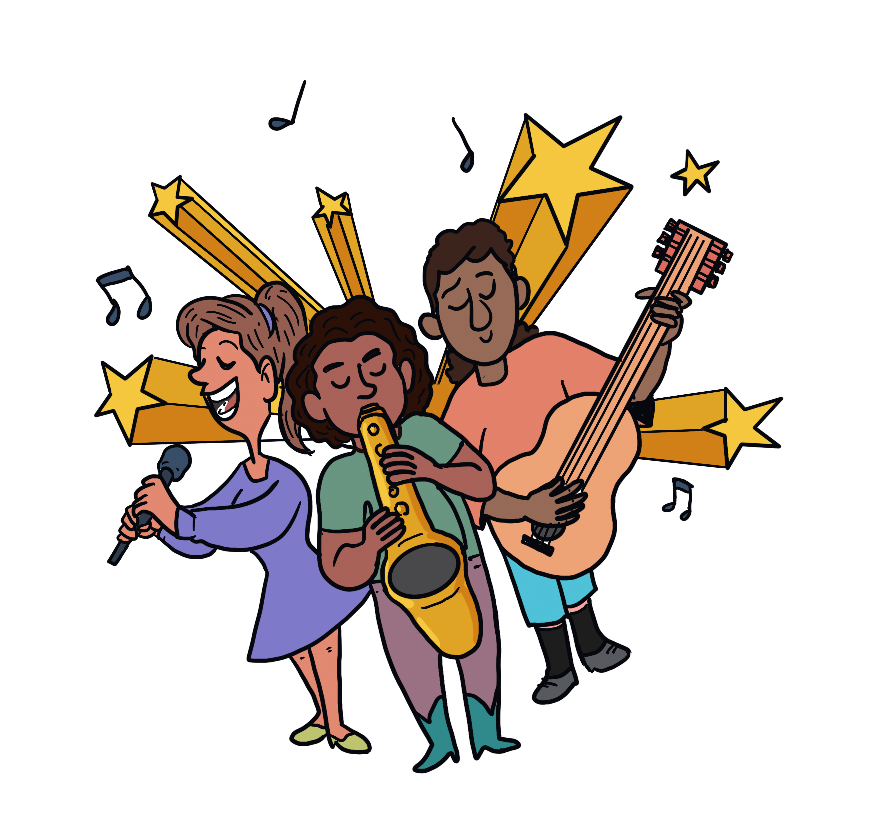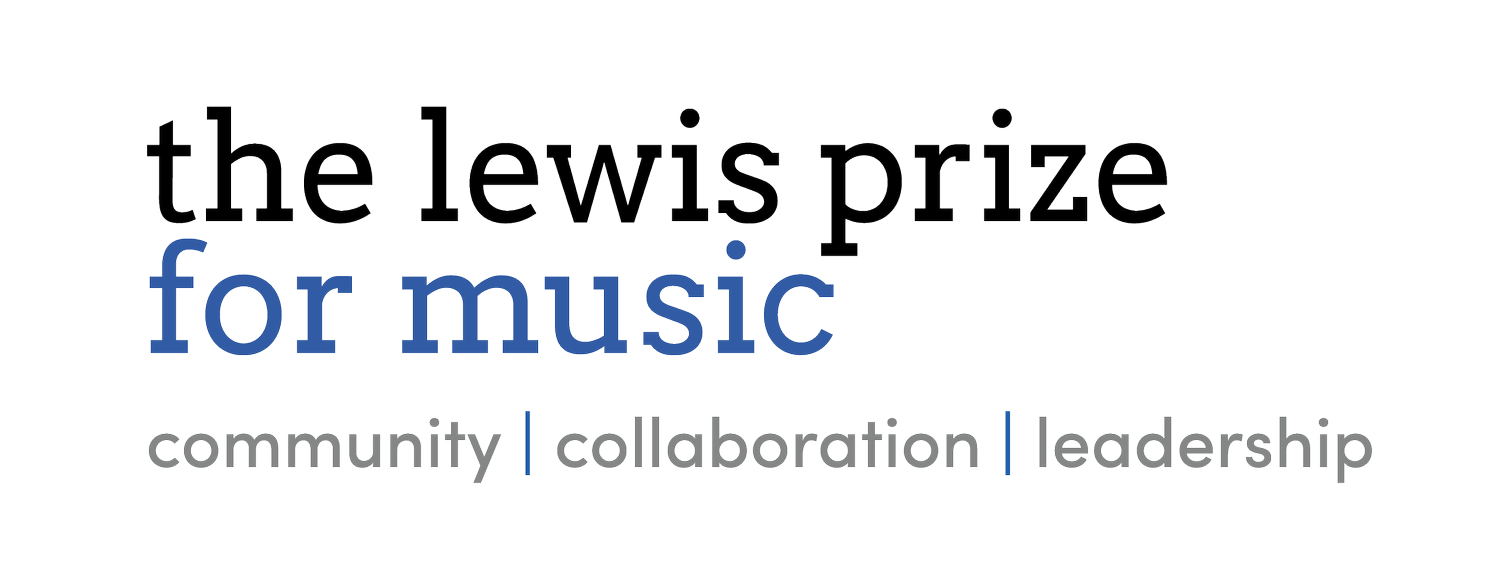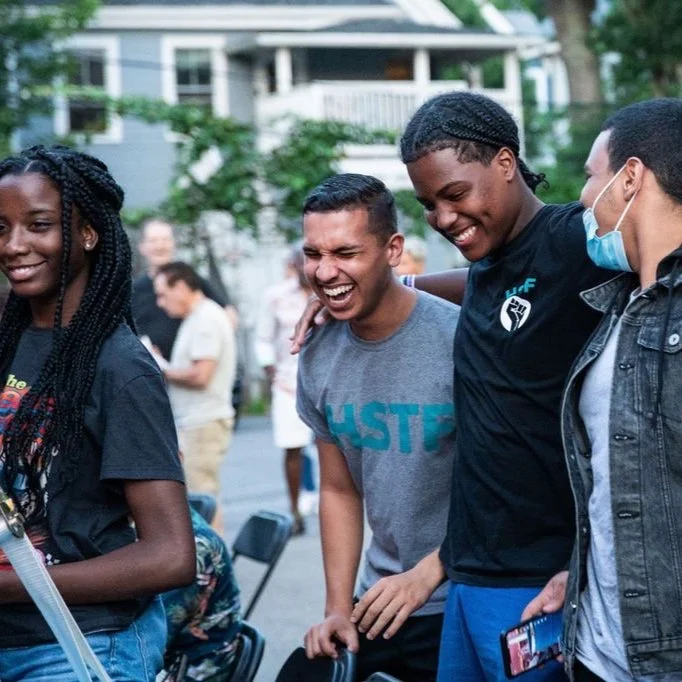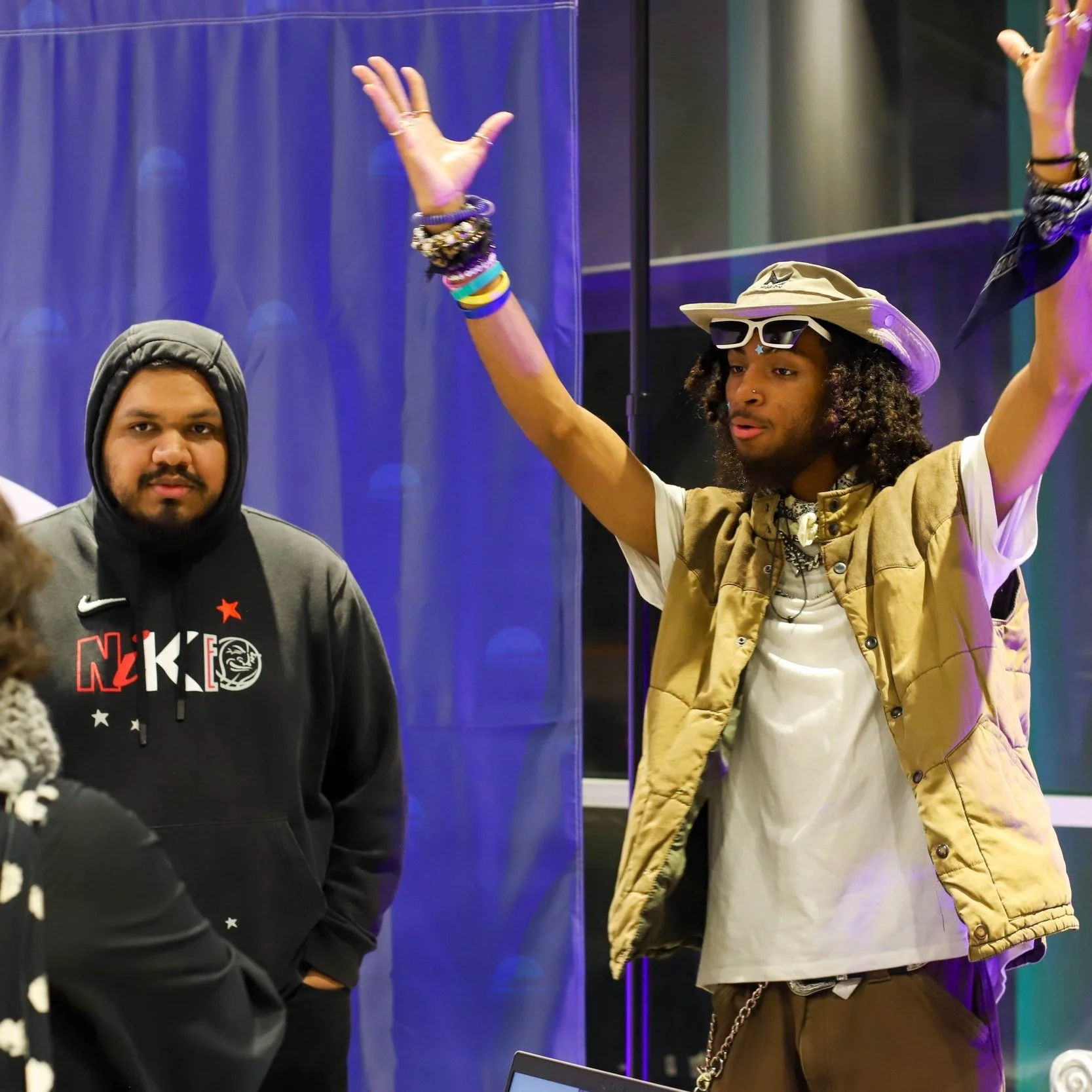The Lewis Prize for Music’s Producing Well-Being Report explores the dynamic interplay between Creative Youth Development (CYD) and Workforce Development. Propelled by purposeful dialogues, peer knowledge exchange, and collaborative efforts, the report explores the transformative impact of music-based CYD programs in enabling youth to discover their voice, refine their artistic skills, and emerge as leaders in the 21st-century workforce. Across the United States, these organizations empower young people to use their talents to navigate life and workforce complexities, aiming for a future where they can lead self-determined lives and contribute meaningfully to society.
Explore the Creative Youth Development & Workforce Development Systems Change Lab
This research report offers an in-depth exploration of The Lewis Prize for Music’s innovative Creative Youth Development & Workforce Development Systems Change Lab, which has gathered leading CYD organizations from across the United States.
MEET THE PARTICIPANTS:
Beyond the Bars (Philadelphia, PA)
Young people are integral and capable members of our community and world. We support young people in employment by training and employing youth to work within our programs and the larger community, as well as through offering youth programs that include technical training and strengthen participants’ capacity for self-direction, confidence, communication, and self-efficacy.
The David’s Harp Foundation (San Diego, CA)
We use the power of music and multimedia production training to build mentoring relationships with youth. As youth learn production skills and industry-standard equipment, this innovative initiative aims to address the persistent inequitable barriers to entry in the San Diego creative economy and foster the potential of young individuals who might otherwise have limited access to resources and opportunities.
Hyde Square Task Force (Boston, MA)
For more than 30 years, Hyde Square Task Force (HSTF) has put Black, Indigenous, or People of Color (BIPOC) young people at the center of our work. Most of our youth and/or their parents were not born in the U.S. with many youth being first-generation college-going students. Through HSTF’s Jóvenes en Acción and College and Careers Pathways programs, youth are supported as they navigate high school and their communities, develop post-secondary goals, and then set themselves on a path to achieving those goals.
Memphis Music Initiative (Memphis, TN)
Our curriculum is aligned to support creatives, whether they pursue careers in the arts or not, in deepening their skill set and exploring their passions. We see music and art as the ideal vehicle for this workforce development intervention, as many young people, particularly given the incredibly rich music tradition of the Memphis region, are passionate and engaged by music. But beyond their general interest, there is evidence that their engagement in these passion projects leads to better economic outcomes and economic mobility.
We Are Culture Creators (Detroit, MI)
We Are Culture Creators is founded on the ethos of self-determination and self-actualization. Part of that work is job readiness and mentorship, specifically in music, art, and culture. Young creatives of color aged 18 to 24 in Detroit face several challenges, including limited access to resources and opportunities, as well as unique needs that are not always adequately addressed. We are one space in a city of creatives and we know that there is room for hundreds of Culture Creators houses reaching the thousands of young creatives looking for guidance and support.
Youth-Led Visual Narratives Illustrating Workforce Development and Well-being Impacts
The Producing Wellbeing Report includes visualizations showcasing how each organization prepares young individuals for their self-determined career paths, as told by the youth leaders. These visualizations crucially articulate the weave of the eight elements of wellness into program experiences: Emotional, Financial, Occupational, Social, Environmental, Intellectual, Physical, and Spiritual. In the report, experience the impactful visualizations that deepen our understanding of each organization’s methodology to promote and prioritize wellness and self-direction in their workforce development programs.











